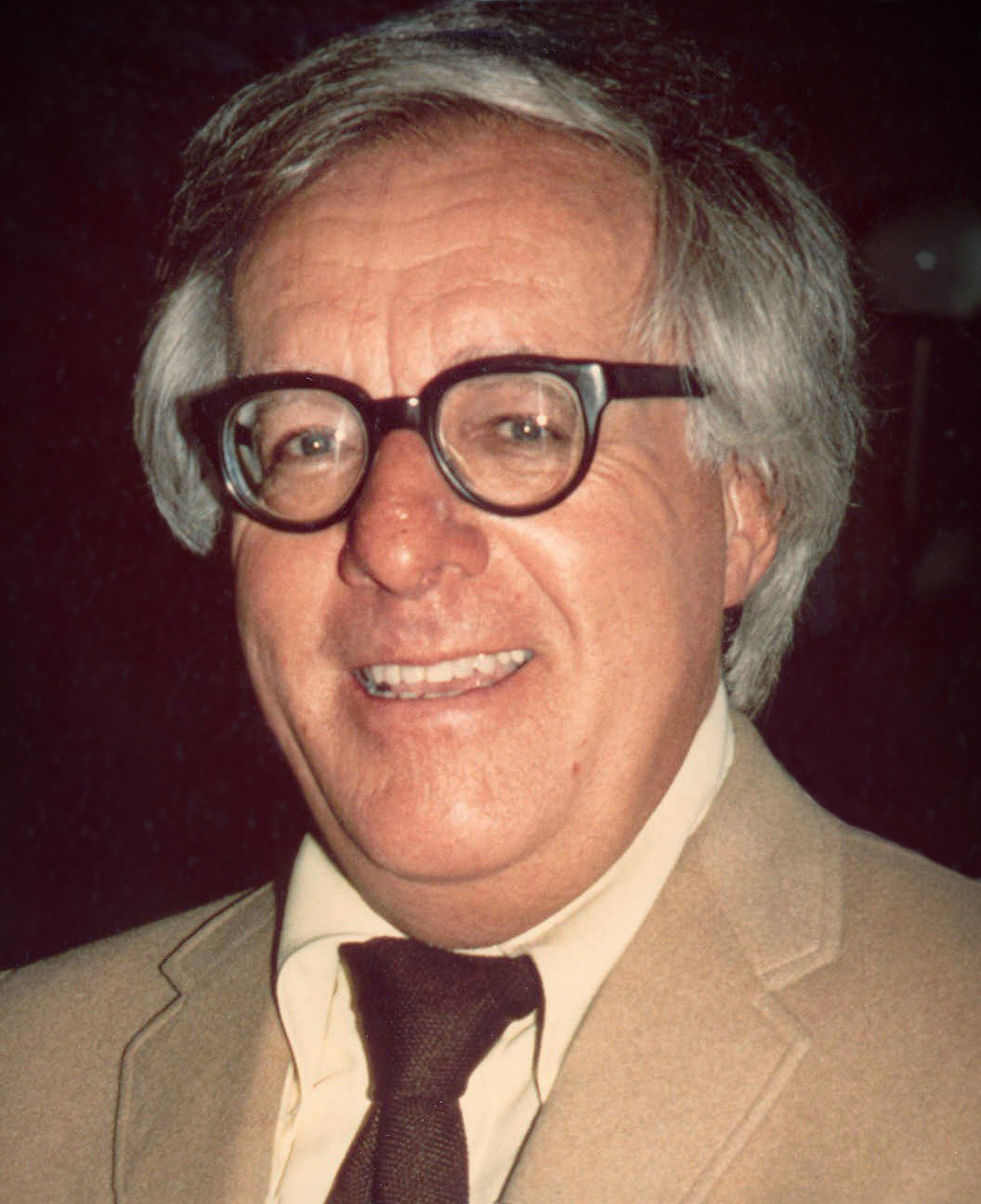Bookworms: Fahrenheit 451 (1953) Ray Bradbury
“Double, double toil and trouble / fire burn and cauldron bubble.” “By the pricking of my thumbs, / something wicked this way comes.” – Bill Shakespeare (Macbeth)
Nearly a year ago, on June the 5th 2012, Ray Bradbury left our planet a more desolate place. Bradbury was, and is, one of the greatest science fiction authors who ever lived. He wrote 27 novels and more than 600 short stories over 73 years. Few have matched his brilliance, his insight, and his devotion to the craft. Many modern television shows, comic books, films, and popular fiction owe their inspiration to Ray Bradbury. He will be missed.
451 degrees Fahrenheit. 238 degrees Celsius. That is the average temperature at which the most common material used in the manufacturing of paper will spontaneously ignite and burn. If you want to burn books, that is how hot you need to make them. Fireman Guy Montag recommends a good dousing of kerosene and a spark to generate the necessary exothermic reaction which will produce that temperature. After all, that is his job as a fireman: to start fires. Montag starts fires to burn books. Books are an evil of the past age that cause division, conflict, and terror. Their words are poison in the minds of calm citizens, and a plague of irrationality in the lives of all. They must not be read and they must be destroyed when found. There is no other way to secure a safe society.
Fahrenheit 451 is by every definition of the word a classic. Required reading in most literature courses from middle school through college and grad school, it is the prototype and the archetype for every subsequent work which speaks out against censorship and advocates free thinking. What Bradbury argues for, through the awakening of his protagonist Guy Montag, is a preservation of humanity, with all it’s flaws, failures, a fractious thinking. The distopia of 451 was only possible because humanity became too conflicted, too spiteful, and too lazy to think. Soundbites dominated the airwaves, thoughts were reduced to the bare minimum necessary for communication, and as a result, beliefs and opinions coalesced. Hostility ceased. Happiness increased. No one had any reason to feel bad. Except: they didn’t. People were not happy. Life became empty and without meaning. Art, contemplation, even casual conversation were lost to the past. Humanity suffered. And when one fireman decided to read instead of burn he found salvation for himself and humanity.
It sounds simple and esoteric, but the narrative is built upon deep thought. The danger with a book like Fahrenheit 451 is that it may become too treasured, too familiar, too trite. A thing that is too well known becomes a thing that is ignored. It can be remembered with a fond smile and a thought and then dismissed. This should not be. Bradbury’s imagined past sounds a lot like my present. What is scary is that he wrote the short story that become the novel in 1950. That was 63 years ago! But Bradbury wasn’t being prophetic. He was being descriptive. Human nature isn’t progressive, it is steady, and that is why a book like this is as relevant in 2013 as it was in 1953. The same impulses that Bradbury recognized as destructive in the heart of humanity threaten to destroy us today.
I make it a point to re-read certain classic books as if I’ve never read them before: slowly and with thought. I do this regularly to keep fresh in mind what the author was seeking to communicate. With a book like Fahrenheit 451, I need to be reminded to speak loud. To read frequently, and diversely, and to keep pushing the boundaries of thought. In this way I will ensure that firemen continue to put out fires, and not start them. In this way I will honor the life of one of the greatest writers with whom I’ve been privileged to share contemporary life.
Whatever you do, don’t stop reading. Don’t stop thinking. Pick up a copy of Fahrenheit 451 and learn a lesson from the dearly departed.
“You don’t have to burn books to destroy a culture. Just get people to stop reading them.” – Ray Bradbury
Ray, I am Star Wars, I am the book of Ruth. I am a little bit of Robert Frost and a sampling of Shakespeare. I’ve got a few chapters of Jules Verne, and even a bit of Moby-Dick. I have Fahrenheit 451 secured for the next generation. I won’t forget, and I will never stop reading. Rest in peace.

